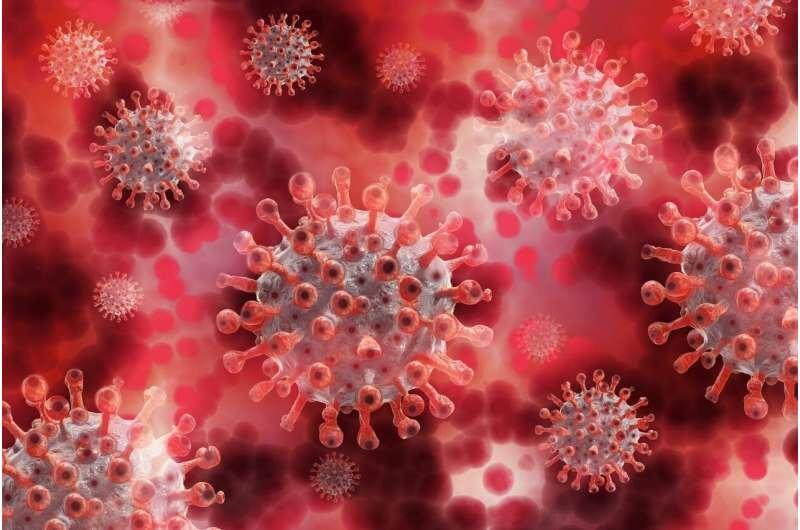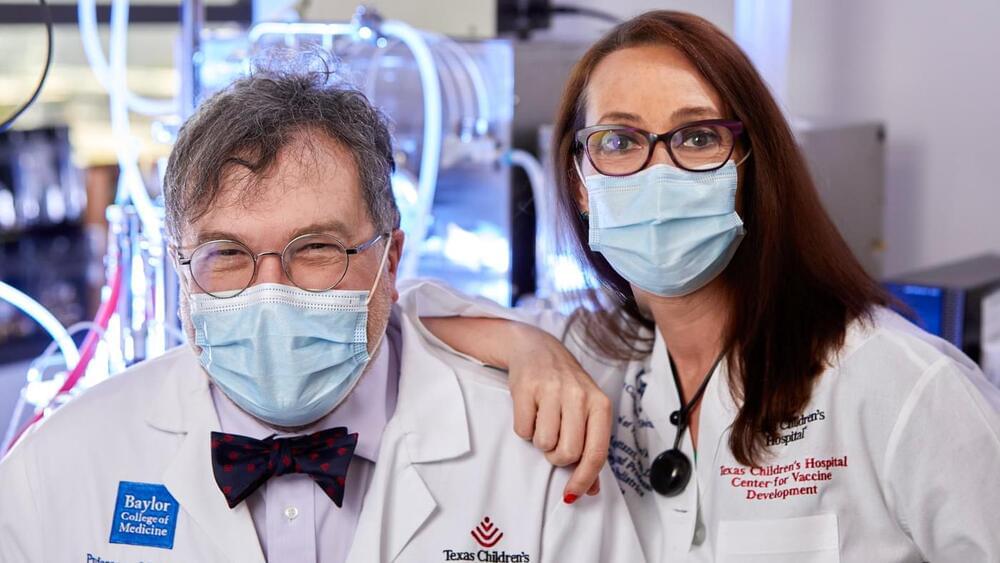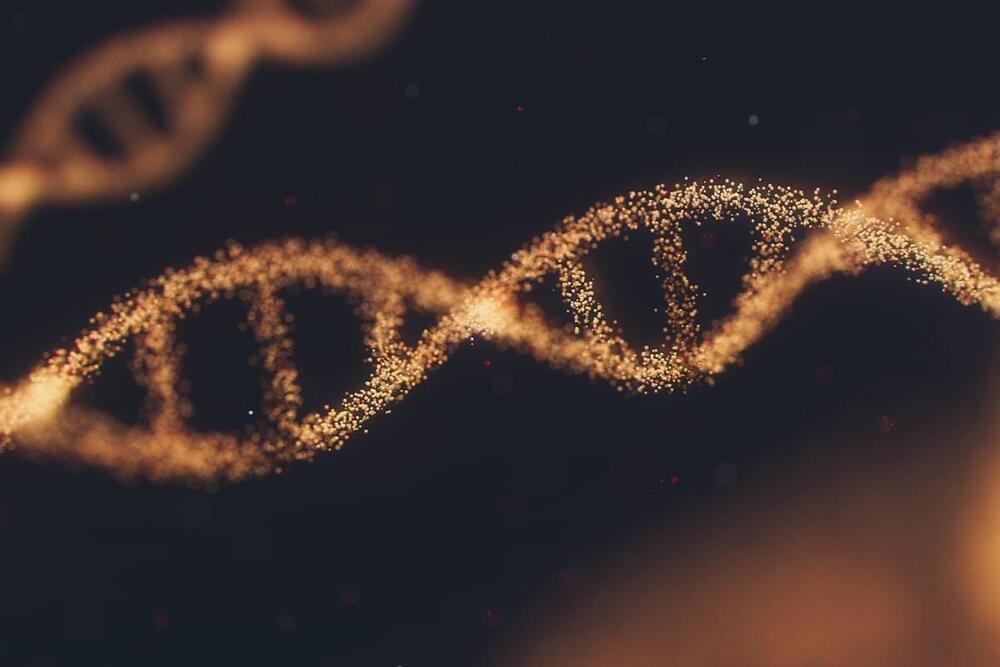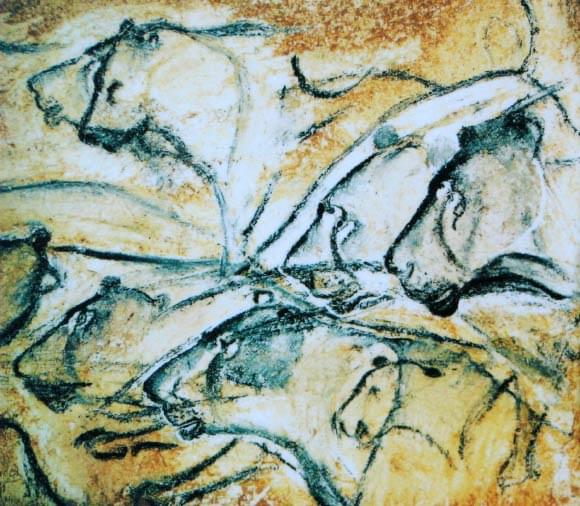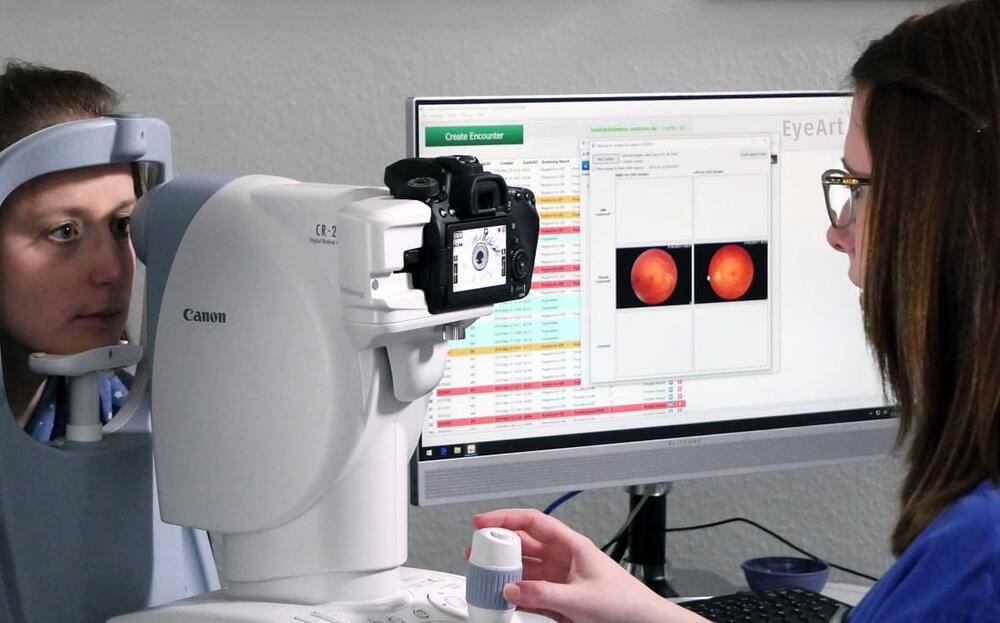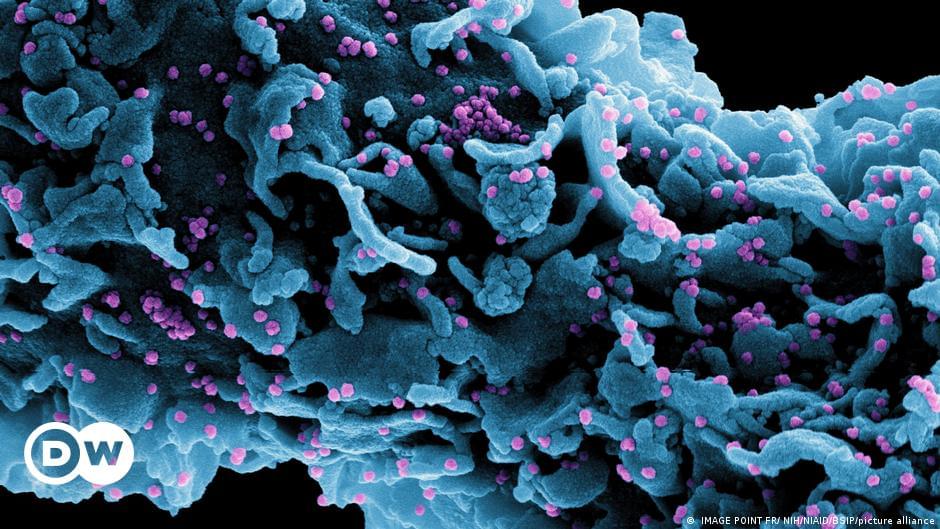Researchers from the Chinese Academy of Sciences in Beijing recently reported intriguing new evidence for a possible mouse origin of the Omicron variant. Their paper, posted on the BioRxiv preprint server, was quickly picked up and published a few days later by the Journal of Genetics and Genomics, and defies the prevailing theory which claims that the polymutant spike sequence of Omicron must have evolved under protracted infection in a severely immunocompromised patient.
Their main idea is that a mouse could have somehow been infected with the human virus by “reverse zoonotic transfer,” whereupon the virus evolved all or many of its 45 novel mutations, and then subsequently was transferred back to humans. While this theory might explain why Omicron appears so anomalous when plotted on a phylogenetic tree against the usual suspects, there is one major problem: The mouse homolog of the human ACE2 receptor (hACE2), which the virus typically uses to gain entry into cells, has little affinity for the standard issue SARS-CoV-2 spike protein.
So little in fact, that in order to study the virus in this preferred research animal, scientists must artificially introduce hACE2 in order to create mice that show any significant respiratory distress upon infection. These transgenic mice are made in several ways, each showing unique tissue tropisms, penetrance and correspondingly different effects. Researchers have conducted knock-in experiments in which the human hACE2 sequence is integrated into the host genome and induced under the control of a number of different promoters. Adenoviruses can also be used to infect cells and create replicating plasmids that propagate the hACE2 code.
